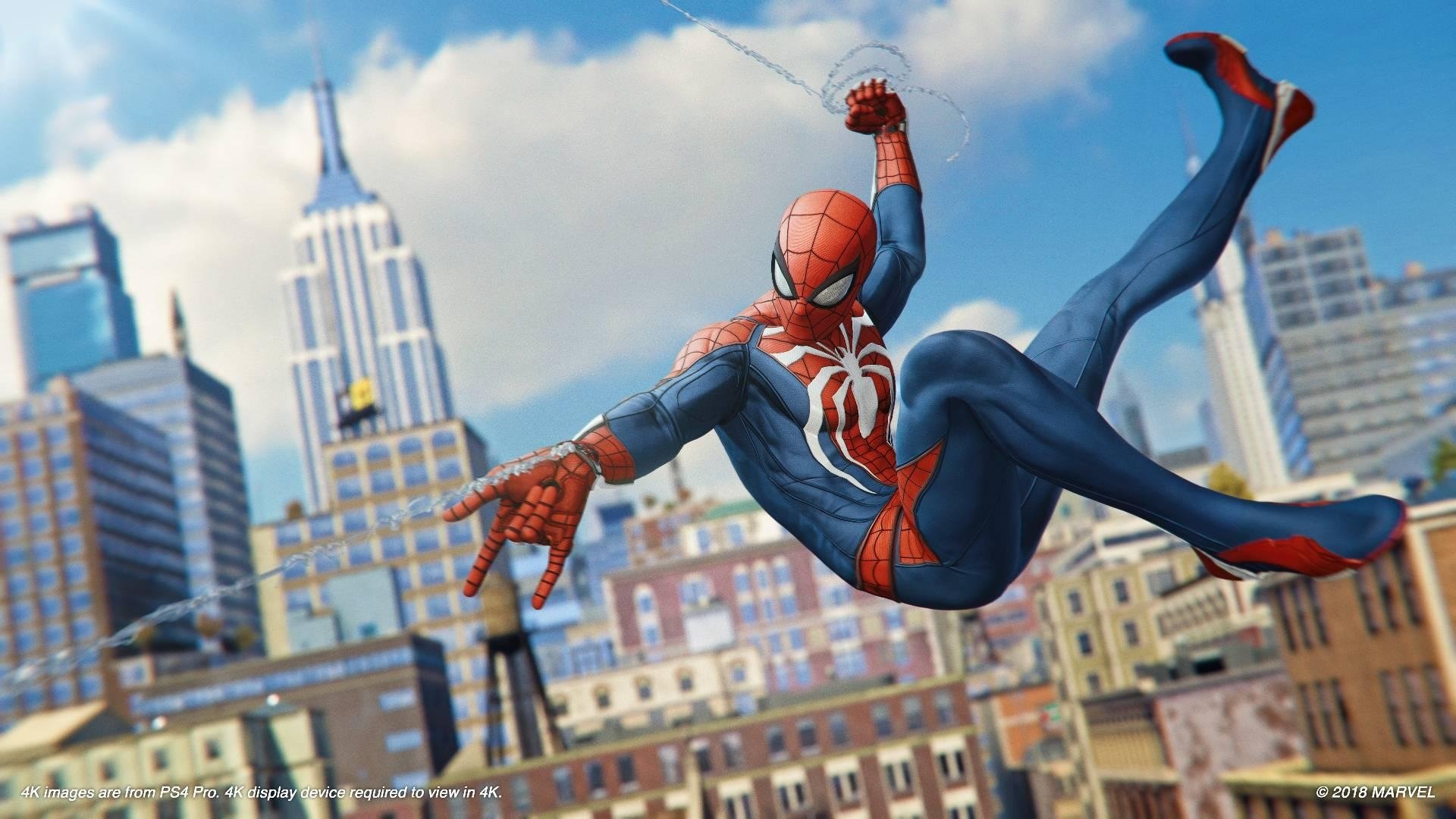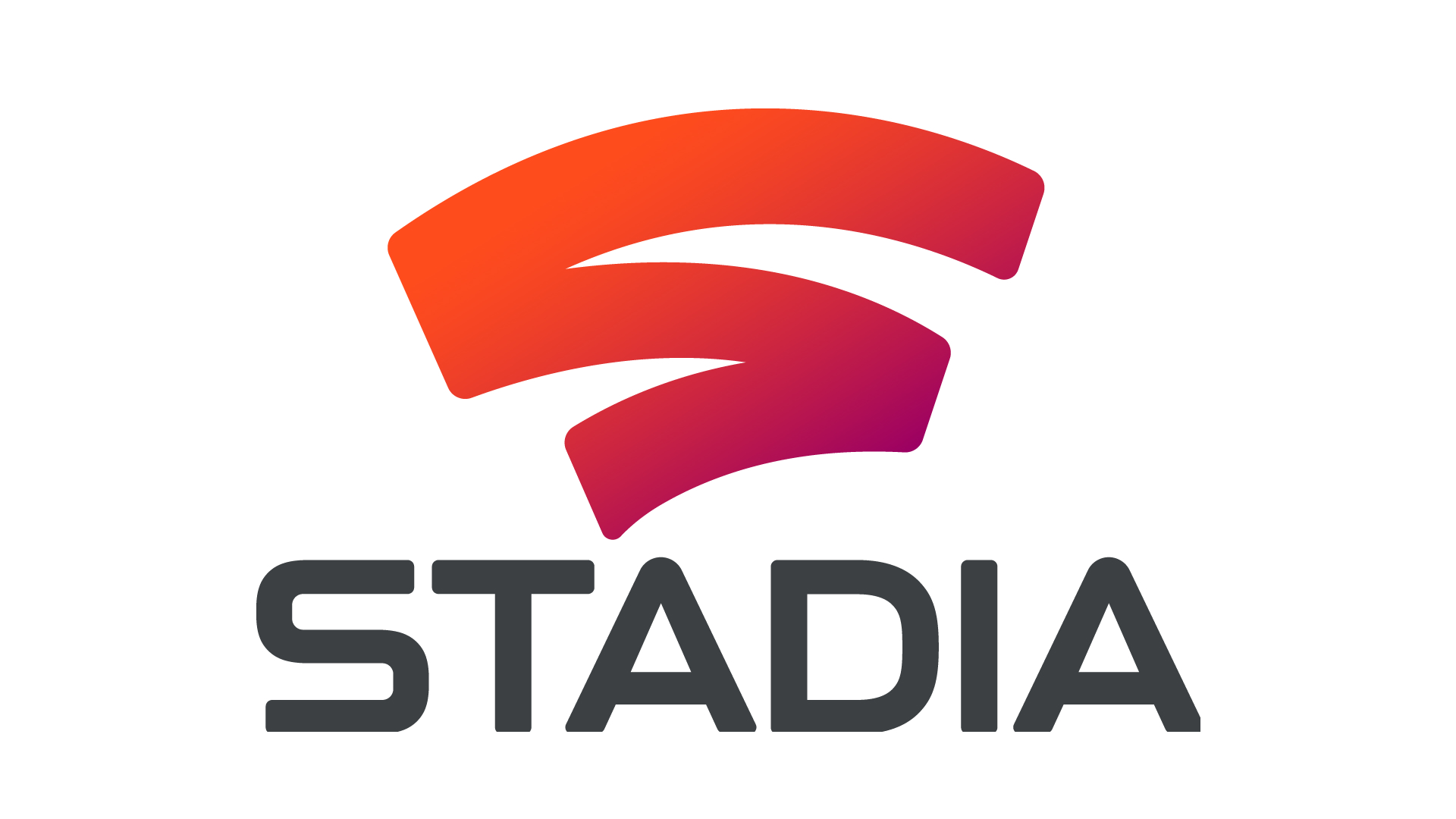
Sony didn’t have much to show at Gamescom this year, other than some very baffling gameplay footage for Death Stranding, but they managed to drop a bomb regardless when they announced that they would be acquiring Insomniac Games, the folks behind the Ratchet and Clank, Spyro the Dragon, and Resistance series, more recently known for Marvel’s Spider-Man, which hit the PS4 last year, and ended up selling over 13 million copies since.
This news was notable because while Microsoft has been making a show of its studio acquisitions over the last year or so – a necessity for them, since their first party situation was dismal, and caused the Xbox to struggle against PS4 and Switch this generation – Sony really hasn’t done much in response. Of course, they don’t need to – the network of Sony Worldwide Studios is already enviable, and Microsoft is making efforts to catch up to where Sony is now to begin with with all their acquisitions. They have said that they will explore studio acquisitions themselves, but the extent to which they would was unclear. After all- why would they? They really have no reason to, as noted already. They already manage to put out multiple major successful games a year every year.
And yet, they went ahead and acquired Insomniac. This, in spite of the fact that Insomniac is already making mostly PlayStation exclusives to begin with (their sojourns into multiplatform and Xbox-exclusive development with FUSE and Sunset Overdrive notwithstanding). Why did Sony do this?
In my opinion, Sony’s acquisition of Insomniac comes down to two things:
- It was a preemptive acquisition, and
- Content acquisition is about to become a major factor in the gaming industry in the near future
Let’s talk about both of those factors one by one. The first point is less self-evident, but is also the easier to explain: by buying Insomniac, Sony essentially ensures that the studio will not be bought up by, say, Microsoft or Google, both of whom are looking to bolster their studio portfolios. So where in a hypothetical situation Sony could have lost the developer of one of their most lucrative games ever had, say, Microsoft bought them, this ensures Insomniac stays in the fold. This is also similar to why Microsoft bought Playground Games, for example. They were already making games exclusively for Xbox, but buying the studio helped ensure that they wouldn’t lose the developer to some other publisher.
The other point, however, is more important, and telling of the future of the gaming industry. It’s actually very similar to the landscape of the music streaming and media streaming industries right now. See, in the beginning, there was Netflix, and there was Spotify. Then, Netflix and Spotify ended up becoming extremely successful, and other companies decided they wanted a piece of the pie. So, for media streaming, for example, we have Amazon Prime, we have Hulu, we have the upcoming Disney Plus, and we have Warner Bros’ streaming service further down the line. And to actually be able to attract users to their respective services, what are all of them doing? They’re all going out and enlisting creators, artists, directors, and showrunners to produce content exclusively for them. Because the only way to convince someone to continue dropping $15 on your service every month is to have content that people want to see to the extent of wanting to drop some money on it.
This is similar to what is about to happen in the gaming industry now. Contrary to the rhetoric from a few years ago, when people claimed that exclusives don’t matter, the fight for exclusives is about to heat up. A part of this has to do with Microsoft’s public acquisitions of so many high profile studios. When there is a real possibility that a studio that makes games for your platform might stop making them because they got acquired by another platform holder, and that that may cause that studio’s fans to follow that studio to the other platform, you need to start preemptively making acquisitions yourself. This problem is exacerbated further by new entrants into the market – as an example, Epic is now looking at purchasing studios, so is Google, so is Amazon, and for all we know, there are more entrants waiting in the wings ready to spring the money for a well-liked mid-range studio. Should Sony sit by and let, for example, Larian be purchased by Google to make games exclusively for Stadia, and potentially miss out on Divinity Original Sin 3 for PlayStation?
Exclusives still matter, because while multiplatform games are the more popular ones, they are also, well, multiplatform. That means they are available everywhere, and do not count as a point for or against buying into a platform or ecosystem. What does count is what games are available only on a system (or what are not available for it, but are available for something else). That’s why Microsoft is looking to expand its network of studios, and why a new entrant into the market will have to purchase some studios or games for itself. And losing games from your platform to someone else’s exclusively is why many companies that don’t need exclusives, like Sony, may have to continue engaging in the war for studios as well.
Which brings us back to the thesis of this article – exclusives are now more important than they have been in a very long time, and companies are therefore going to start engaging in bidding wars for these studios. Not just Sony or Microsoft, either – we could even see third party publishers start to purchase studios they work with, to help ensure they don’t lose them to some other bidder.
So, it’s time to prepare ourselves – the industry is an important transitory stage right now, and we could see the landscape changing a whole lot in the coming years. The consolidation of the gaming industry, at least in the west, has begun.
Note: The views expressed in this article are those of the author and do not necessarily represent the views of, and should not be attributed to, GamingBolt as an organization.
















